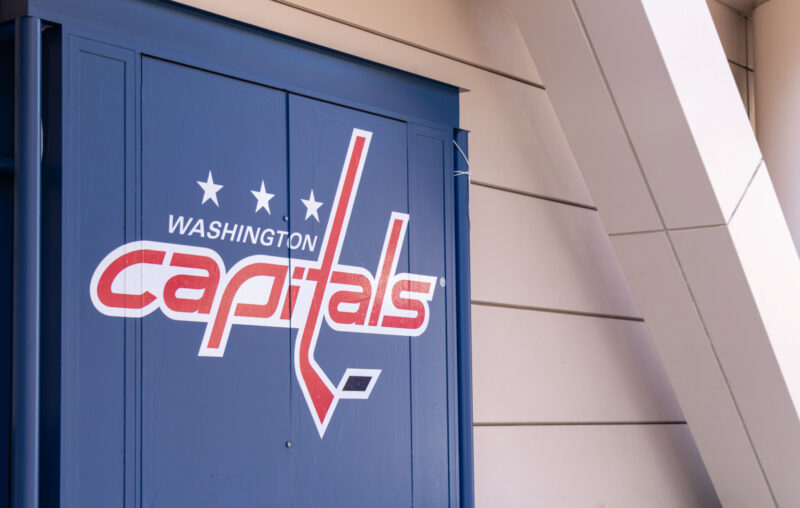
The morning of December 13, the city of Alexandria, Virginia, together with MSE (the company owned by Ted Leonsis that owns the Washington Wizards, NBA, and Washington Capitals, NHL), the Commonwealth of Virginia, and the developer and land owner JBG Smith, held a press conference to announce that the Wizards and the Capitals will be moving from DC to Alexandria. Here we go again.
The press conference was triumphalist, proclaiming 30,000 new jobs would be created, that countless new businesses would locate to the 70 acres of land just south of Washington National Airport, including a new research center of Virginia Tech University, and that untold additional benefits would flow to Alexandria and Virginia. If these dreams were to come true, what would that mean for the economy of our nation’s capital, which has been the home of these teams for the past 26 years?
The plan, which still has to be approved by various political bodies, calls for a $2 billion investment on an initial 17 acres and will include a state-of-the-art arena, a practice facility, a concert venue, and offices for MSE. The projected funding is $1.4 billion from the state which will issue a bond, $106 million from Alexandria, and $459 million from private sources. 76.6 percent of the funding will thus be drawn from public monies, and this doesn’t tell the full story.
The city and the state say not to worry. They’ve got the taxpayers covered. The debt service on the bonds will be defrayed from extra tax revenue from within a newly created special tax district and from lease payments by Leonsis. The problem with special tax districts is twofold. First, some of the projected businesses might not show up. Second, some of the businesses that do show up might be coming from other parts of the city or the state. In this case, the extra tax money from the district will be offset by less tax money from elsewhere in the jurisdiction.
The revenue from the teams’ lease may materialize, but the authorities have provided no details on the lease or related matters. What is the proposed rent? Is there revenue sharing? Who gets the revenue from non-basketball and non-hockey events? Does all parking money go to the new stadium authority? Who is responsible for maintenance and a capital improvement fund? Who will pay for security and sanitation details? How much will JBG Smith charge to the city for the land it will sell? How much property tax revenue will the city be losing as the real estate ownership goes from private to public hands and how much additional tax revenue will be lost when the existing strip mall is taken down?
Are the taxpayers really covered?
Ted Leonsis regularly complains about the bad lease he has had at the Capital One arena in DC, stating that he pays several times more than the typical NBA and NHL owner. This is true, but it is also true that the terms of the arena were well known when he bought the teams, the Capitals in 1999 and the Wizards in 2010. These unfavorable conditions enabled him to purchase these teams at a lower price. Now, he wants to have his cake and eat it too.
How does Leonsis get away with this maneuvering? The answer is straightforward. The NBA and the NHL are each monopolies – the sole providers of top-level basketball and hockey in North America. As monopolies, they do what monopolies do: They restrict output and raise prices. There are more cities that want to host NBA and NHL teams (and NFL teams, as witnessed by the ongoing tussle among Maryland, Virginia, and DC to host the Commanders) than there are teams available. The cities (and counties and states) compete against each other, not surprisingly, over who can provide more subsidies to the team owners. After Virginia announced its plan to invest over $1.5 billion in the teams, DC’s mayor offered $500 million for them to stay.
Independent scholarly studies in economics have found that the promised economic benefit from hosting a team or investing in a new facility rarely pays off financially. It is even more unlikely to do so when the financing is so skewed against the public coffers.
Of course, there’s still a lot to learn and the devil is often in the details. For now, the best advice to Virginia’s politicians is to keep your eyes wide open, proceed cautiously, and bargain aggressively.


0 Comments